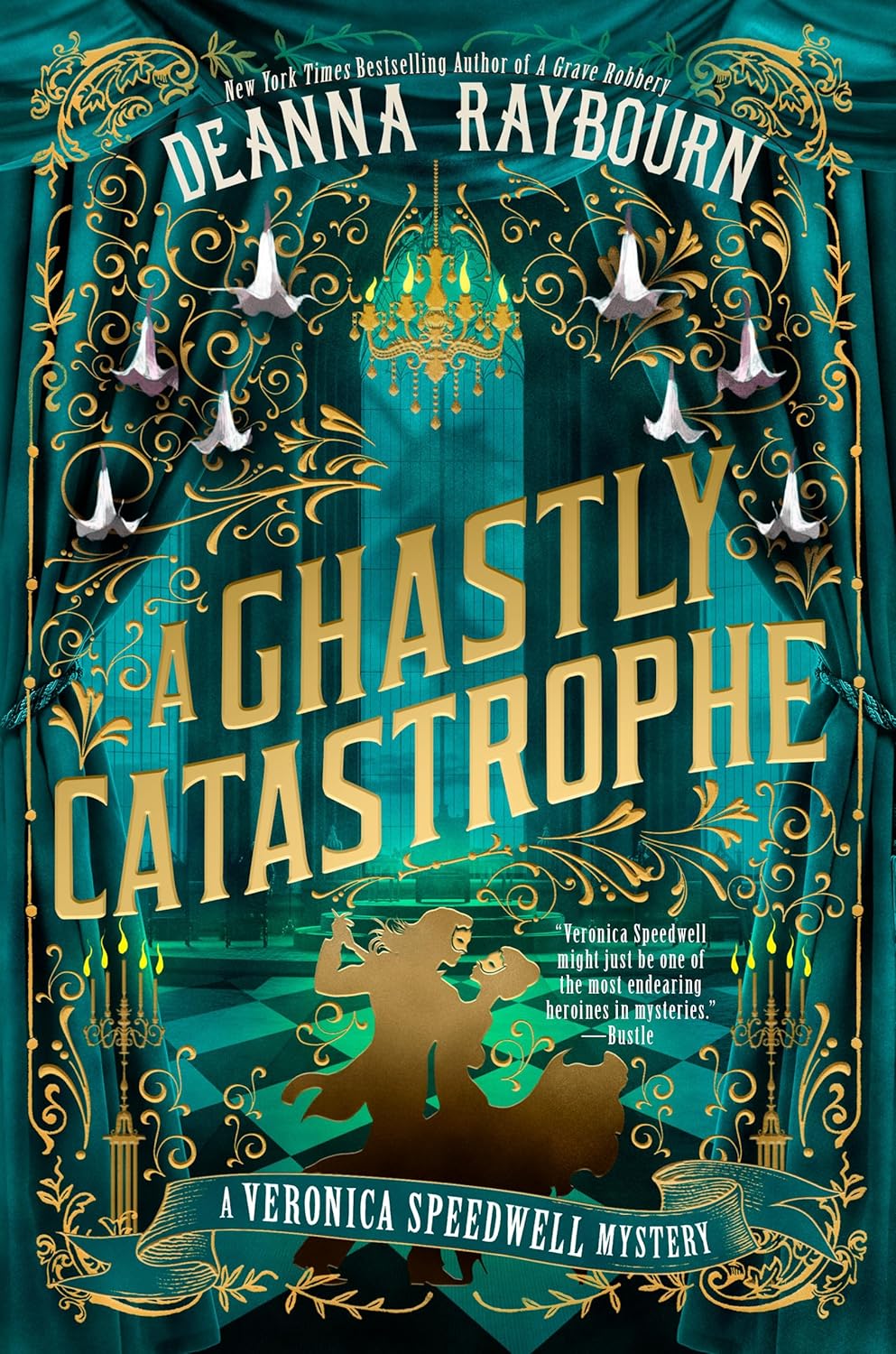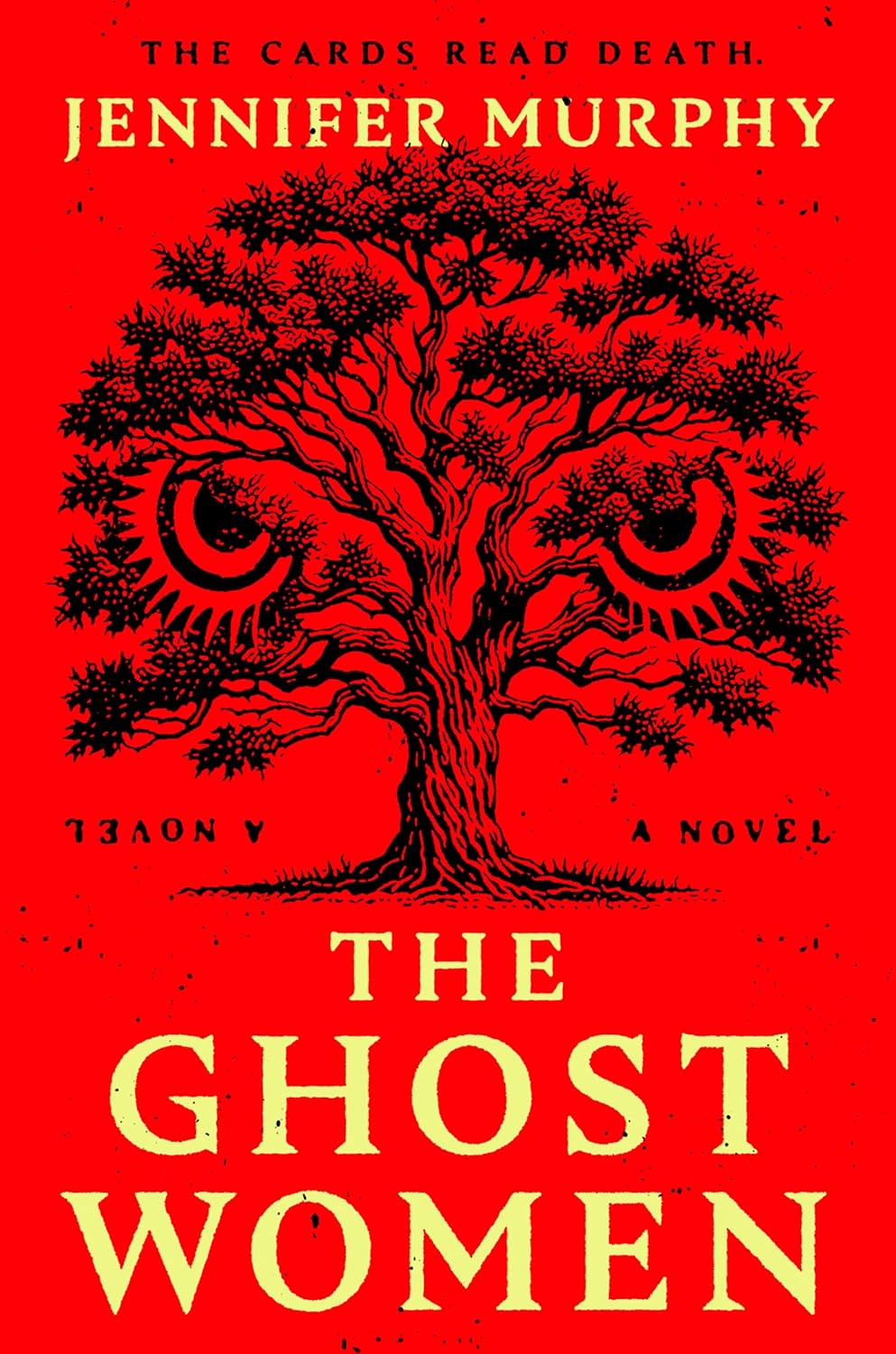Author: Allison Brennan
Narrator: Amy McFadden
Series: Regan Merritt (Book 2)
Publication: Mira (January 24, 2023); Harlequin Audio (January 24, 2023)
Series: Regan Merritt (Book 2)
Publication: Mira (January 24, 2023); Harlequin Audio (January 24, 2023)
Length: 11 hours and 11 minutes
Description: A family torn apart. A botched investigation. She’ll stop at nothing to get answers.
US Marshal Regan Merritt never bought the FBI’s theory that her ten-year-old son’s murder was tied to her job. Yet as leads went cold, she’d had to walk away from the marshals, the case and her now ex-husband, Grant, who blamed her for Chase’s death.
After Regan receives a chilling voice mail from her former boss, Tommy, claiming new information about Chase’s murder, she can no longer stay away from her pain-filled past. Especially when Tommy’s murdered before she can return his call.
Now more than ever, Regan’s determined to find the truth, but the more she digs, the more evidence points to Grant as the killer’s true target. But Grant isn’t talking. As she tries to pin down her ex, Regan discovers something much bigger and far more sinister is at play—and she’s running out of people she can trust.
My Thoughts: Regan Merritt left her career as a US Marshal after her son was murdered in their home. She and her husband divorced, and he blamed her and her work for their son Chase's death. She left the DC area and returned to her home in Arizona.
Description: A family torn apart. A botched investigation. She’ll stop at nothing to get answers.
US Marshal Regan Merritt never bought the FBI’s theory that her ten-year-old son’s murder was tied to her job. Yet as leads went cold, she’d had to walk away from the marshals, the case and her now ex-husband, Grant, who blamed her for Chase’s death.
After Regan receives a chilling voice mail from her former boss, Tommy, claiming new information about Chase’s murder, she can no longer stay away from her pain-filled past. Especially when Tommy’s murdered before she can return his call.
Now more than ever, Regan’s determined to find the truth, but the more she digs, the more evidence points to Grant as the killer’s true target. But Grant isn’t talking. As she tries to pin down her ex, Regan discovers something much bigger and far more sinister is at play—and she’s running out of people she can trust.
My Thoughts: Regan Merritt left her career as a US Marshal after her son was murdered in their home. She and her husband divorced, and he blamed her and her work for their son Chase's death. She left the DC area and returned to her home in Arizona.
Regan's partner Tommy never gave up on investigating Chase's murder. He took a leave of absence around the time of the one-year anniversary of the murder. He left a message on Regan's phone that he had found something and was going to his bosses to lay out the facts. Before he could, a sniper shot and killed him outside his home. They took his files leaving Regan with only his cryptic message.
Regan comes back to Virginia to bury her friend - and continue his investigation. She soon learns that her ex was in communication with Tommy but is very reluctant to meet with Regan to tell her what he knows. It seems his law firm was into something really shady.
There are lots of clues and lots of suspects in this story which might start with a bank robbery and the murder of a teller. The teller's sister has some information that she didn't know was important until Tommy tracked her down. Now the sister is on the run from fake FBI agents and Regan is trying to find her to learn what she knows.
This was a fast-paced and twisty thriller.



















